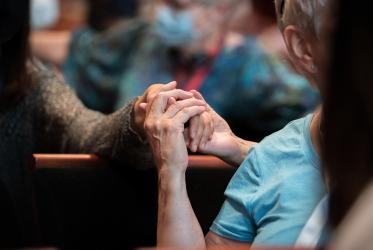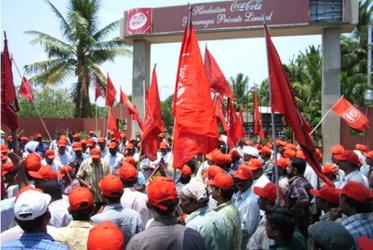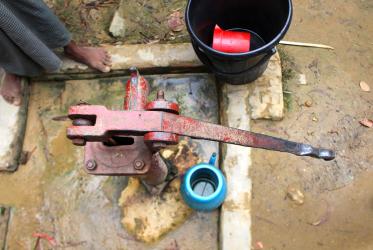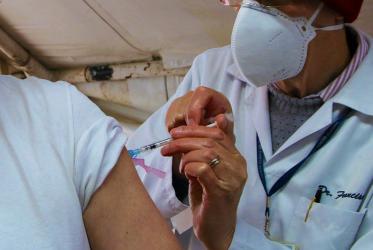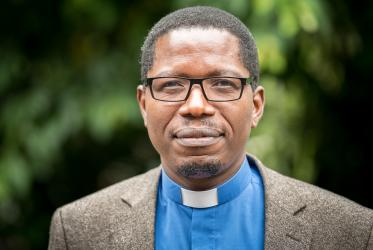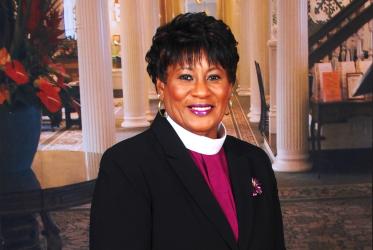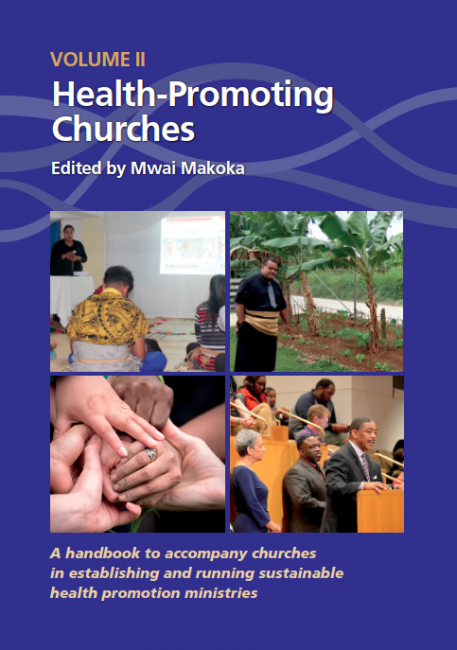Displaying 1 - 20 of 31
17 April 2024
Pandemic and pedagogy: what are the valuable lessons?
21 December 2022
Groundwater is “a political question”
27 April 2022
Health-Promoting Churches Volume II:
A handbook to accompany churches in establishing and running sustainable health promotion ministries
28 April 2021









